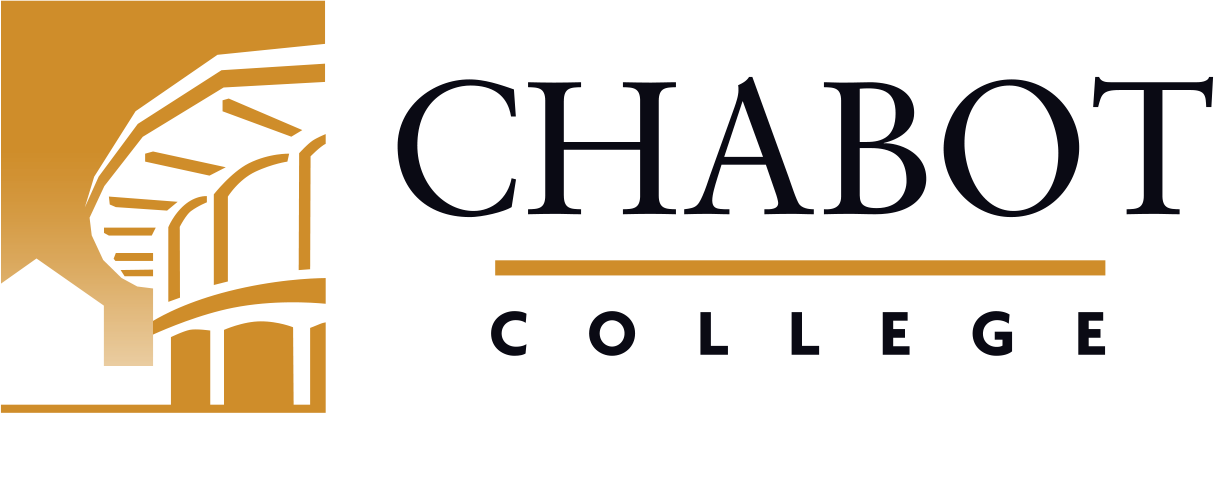
Course Outline for Early Childhood Development 210
Introduction to Infant/Toddler Care
Effective: Fall 2022
SLO Rev: 09/12/2021
SLO Rev: 09/12/2021
Catalog Description:
ECD 210 - Introduction to Infant/Toddler Care
18.00 Hours
May be repeated 99 time(s)
Growth and development of infants/toddlers aged 0-36 months: Physical, cognitive, psycho-social, and creative development; influence of environment on development; feeding concerns; and the child's impact on the family. Course topics include an introduction of different temperament tendencies; stages of social-emotional development and socialization and guidance, and practices/program policies that best support the healthy social-emotional development. The course also looks into families and family culture. ECD 210 is an introductory level (noncredit) course and is intended to provide students exposure to vocabulary and concepts in infant/toddler care. Students can use the skills gained from this class to transition to credit level ECD courses. This course is free and students may repeat this course until mastery of the skills is met.
1305.90 - Infants and Toddlers*
Pass/No Pass/Satisfactory Progress
| Type | Hours |
|---|---|
| Lecture | 18.00 |
| Total | 18.00 |
Measurable Objectives:
Upon completion of this course, the student should be able to:
- identify developmental milestones and characteristics of children from birth through 36 months;
- examine the importance of partnering with parents and families of infants/toddlers;
- develop understanding for principles of inclusive and respectful caregiving with infants and toddlers.
Course Content:
- Development in social, emotional, cognitive, language, motor and perceptual skills between birth to 36 months
- Milestones for typically developing children
- Atypical development and “at risk” infants/toddler
- Partnering with parents and families of infants/toddlers in group care settings.
- Understanding similarities and differences in families within a cultural context in respect to infant/toddler care
- Inclusive and respectful caregiving with infants and toddlers.
- Meeting individual needs in group care
Methods of Instruction:
- Lecture/Discussion
- Activity play
- Case Study
- Group Activities
- Written assignments
- Class and group discussions
- Hands-on Activities
- Large and small group presentation
- Distance Education
Assignments and Methods of Evaluating Student Progress:
- Interview a parent of a child between birth to 36 months, later answer the following questions: Discuss what you learned about the family and community factors that might impact the child’s development and learning? What did you learn from the family? What insights into the child’s developmental and learning needs did you gain from your relationship with the child’s family; and, the immediate and long-term developmental goals the family has for the child?
- First, students will watch "The Ages of Infancy: Caring for Young, Mobile and Older Infants" video and later they will answer prompts on the environmental factors that support healthy growth and development between ages birth to 36 months.
- Students will conduct two observation assignment. The first observation will focus on the physical development (fine and gross-motor skills), and also language development. The second observation will focus on the children between 18-36 months. Later, students will be asked to write interpretations of their observation based on the assigned textbook.
- Attendance
- Critical thinking exercises
- Final Examination
- Homework
- Written assignments
- Quizzes
- Group Projects
Upon the completion of this course, the student should be able to:
- identify and analyze specific stages of development for infants and toddlers.
Textbooks (Typical):
- Fong, Maguire-Jane; Peralta, Marsha (2018). Infant and Toddler Development from Conception to Age 3: What Babies Ask of Us (1st). Teachers College Press.
- Gross, Dana (2018). Infancy: Development from Birth to Age 3 (3rd). Rowman & Littlefield Publishers.
- N/A
Abbreviated Class Schedule Description:
Growth and development of infants/toddlers aged 0-36 months: Physical, cognitive, psycho-social, and creative development; influence of environment on development; feeding concerns; and the child's impact on the family.